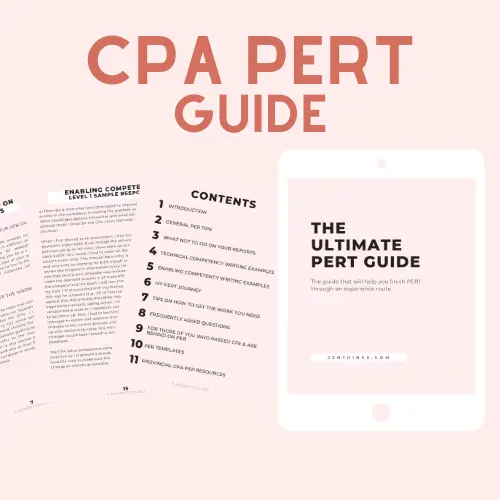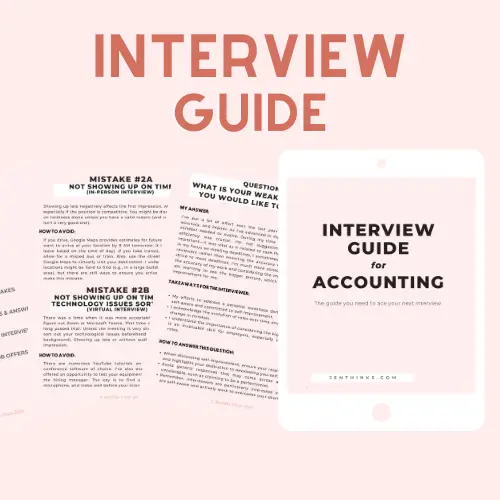One of the more common questions I get is what it’s like working in tech. While I did not set out to become a CPA to work in tech, my second finance job was at a Vancouver-based software company. To be honest, the pay was not exceptional initially. However, the benefits were. I started with 4 weeks of vacation as an entry-level AP clerk. Since I left, the company has implemented a wellness week in the summer for people to recharge, improved pay and offered RRSP matching.
In this post, I want to share my experience so far as a CPA in the tech industry. Spoiler alert: I don’t plan on leaving this sector any time soon.
Transitioning from Heavy Machinery to Tech
After graduating with a Psychology degree and working several part-time jobs for a couple of years, I landed my first accounting job at a heavy machinery company. I was hired for maternity coverage as an AR/AP clerk, but it wasn’t long before a Junior Accountant role opened up in the department. My job duties remained similar but I was definitely thankful for a permanent role. The team I worked with was great and I still keep in touch with some of them. At the same time, I was taking prepartory courses at Douglas College in preparation of getting into the CPA PEP program.
I was in the Junior Accountant role for just under a year before I started searching for my next role. I had two offers – one for another accountant role at an auto dealership and one for an accounts payable role at a software company. The base salaries were the same and the offices were located in the same area. As you can likely guess, I chose the AP role at the software company at the end.
My decision-making process was simple – I asked myself what I wanted long-term. While the accountant role might have been a more natural progression for someone who wanted to become a CPA down the road, I was sure I could move around internally once I got in as long as I performed. The tech industry was growing in Vancouver and I was excited to be part of it. The perks and benefits (e.g., 4 weeks vacation) being better were also a plus. Looking back, that was one of the best career decisions I have made so far.
Day-to-Day as a CPA in Tech
As a CPA working in tech, my day-to-day is similar to CPAs in other industries in the sense that if you worked in financial reporting, you have your accounting close and audit. If you worked in financial planning and analysis, you have your budgeting, budget vs. actual meetings and financial modeling. If you work in tax, your job is to keep up with the latest in tax law and make sure your company is compliant because no one wants to be audited by CRA or the Ministry of Finance. Depending on the size of your team, you might just do a bit of everything like I do right now.
I have worked for three software companies so far: a social media management platform, a telecommunication software and a digital asset management tool. None of them had physical inventory as all revenue-generating products were either cloud-based (e.g., software license) or service-based (e.g., software support, professional service). As a result, labor costs were relatively significant as software engineers and support staff take up a good chunk of the headcounts. I found this to be true whether the company was in the growth phase or mature phase. Research and development (R&D) doesn’t stop just because the company is mature or profitable, as the tech industry changes at a rapid pace. Keeping up is necessary. Aside from R&D, sales-related and software expenses take up another big piece of the expense pie. Think commission, marketing (e.g., Google Ads) and tools like Zoom or Slack.
These observations definitely impact my priorities. Ensuring we self-assess PST on out-of-province software purchases is crucial, as many US vendors are not required to collect PST. Understanding how the Scientific Research and Experimental Development (SR&ED) tax credit works is more crucial than in other industries where scientific research is not a priority. Having a solid understanding of revenue recognition (e.g., IFRS 15) is definitely valued in tech as well.
Skills That Set You Apart in Tech
I know some might think having previous experience in tech is crucial to getting a job in tech. The reality is, while it might be an added bonus, below are common skills employers in the tech industry value:
- Experience with system implementation or integration (e.g., new ERP system or expense management system)
- Process improvement experience (with a couple of previous examples to back it up)
- Experience with generative AI tools such as ChatGPT and CoPilot (which combine nicely with process improvement)
- Proficiency in tools like Excel (Power Query, VBA) and Power BI
- Experience with large ERP systems such as NetSuite, Sage Intacct, Microsoft Business Central
- IFRS or US GAAP experience
- A keen interest in the product or the tech space in general (especially if it’s your first tech job, demonstrate why you are interested)
Want to learn more ways to leverage AI in Finance? Click here.
I know these are good skills to have as they got me to where I am today. After seven years (six in tech), I’m fairly compensated, enjoy remote work with a good work-life balance, and see many growth opportunities ahead.


